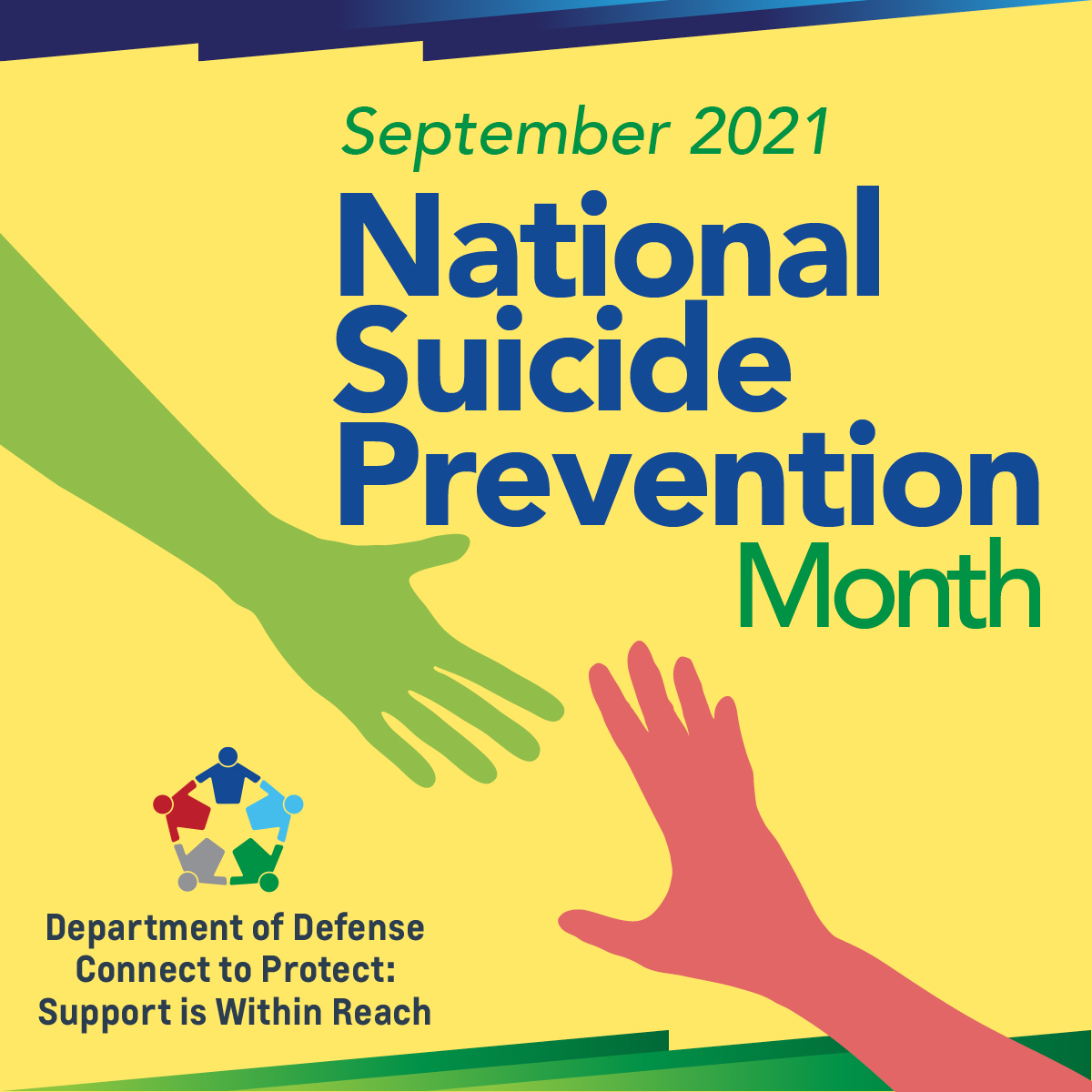
By Alexandra Shea, Fort Jackson Leader
“I was just sitting in my apartment alone, staring at the walls thinking I would rather be dead than be here right now,” Said Sgt. Maj. Jason VanKleek, U.S. Army Police School. “In 2004 I was involved in a firefight in Fallujah, Iraq that resulted in the death of my battalion commander and a couple of my Soldiers.”
VanKleek is one of several Soldiers who have stepped forward to tell their story of struggle and how they overcome stigmas of weakness to seek help dealing with mental illness and depression.
“The bravest thing I have done is chose to live when I wanted to die,” said Sgt. 1st Class Chelsea Porterfield, 3rd U.S. Infantry Regiment (Old Guard). “The scariest thing I have done is walk into an emergency room and ask for help.”
For those who accept the challenges of being a professional Soldier, dealing with the highs and lows that come with the job can leave a Soldier and their Family members feeling alone, depressed and have thoughts of hurting themselves.
Regardless of a Soldier or their Families’ circumstance, help is available day and night both in person at Moncrief Army Health Clinic’s Behavioral Health or privately through the Military Crisis Line at 1-800-273-TALK (8255) or by text at 838255 and online chat at https://www.veteranscrisisline.net/get-help/military-crisis-line.
Additional resources are available through Military OneSource, the National Suicide Prevention Hotline, all social media platforms, and the Army’s Resilience webpage which also features VanKleek and Porterfield’s stories of resilience.
While some Soldiers are capable of helping themselves to receiving care, others may be suffering in silence. They may need the help of friends and family to encourage them to seek help or to be with them as they take those critical first steps to recovery.
Understanding what suicidal behavior looks like can be complicated and uncomfortable.
What does someone with suicidal thoughts or idealization look like?
It can look like all of us. Subtle or not.
According to the Army Suicide Prevention Program, behaviors such as increasing the use of drugs or alcohol use, withdrawing or isolating themselves, sleeping too little or too much, and extreme mood swings are a few indicators a fellow Soldier, family member or friend is having thoughts of suicide.
The program suggests using the ACE method to provide help to a loved one, coworker or friend in need:
Ask if they are thinking about harming themselves.
Care for them by listening and reassuring that help is available right now.
Escort them to the location where help is available.
Help is always available 24/7 and is only a phone call, text, chat or friend away.
“The pursuit of help and getting it right, outweighs the idea of never being here,” Vankleeck said. “Believe you’re not the only one that feels this way. Go let someone know how you’re feeling and they will get you into the right spot. You’re not the only one who has been through that battle.”
(Editor's note: information for this article was taken from www.armyreilience.army.mil/suicide-prevention/index.html)





